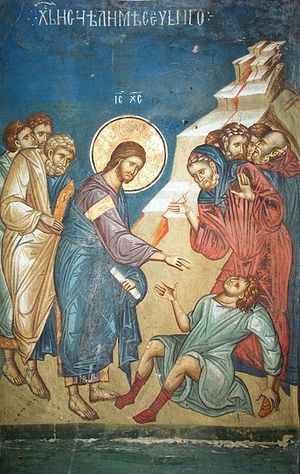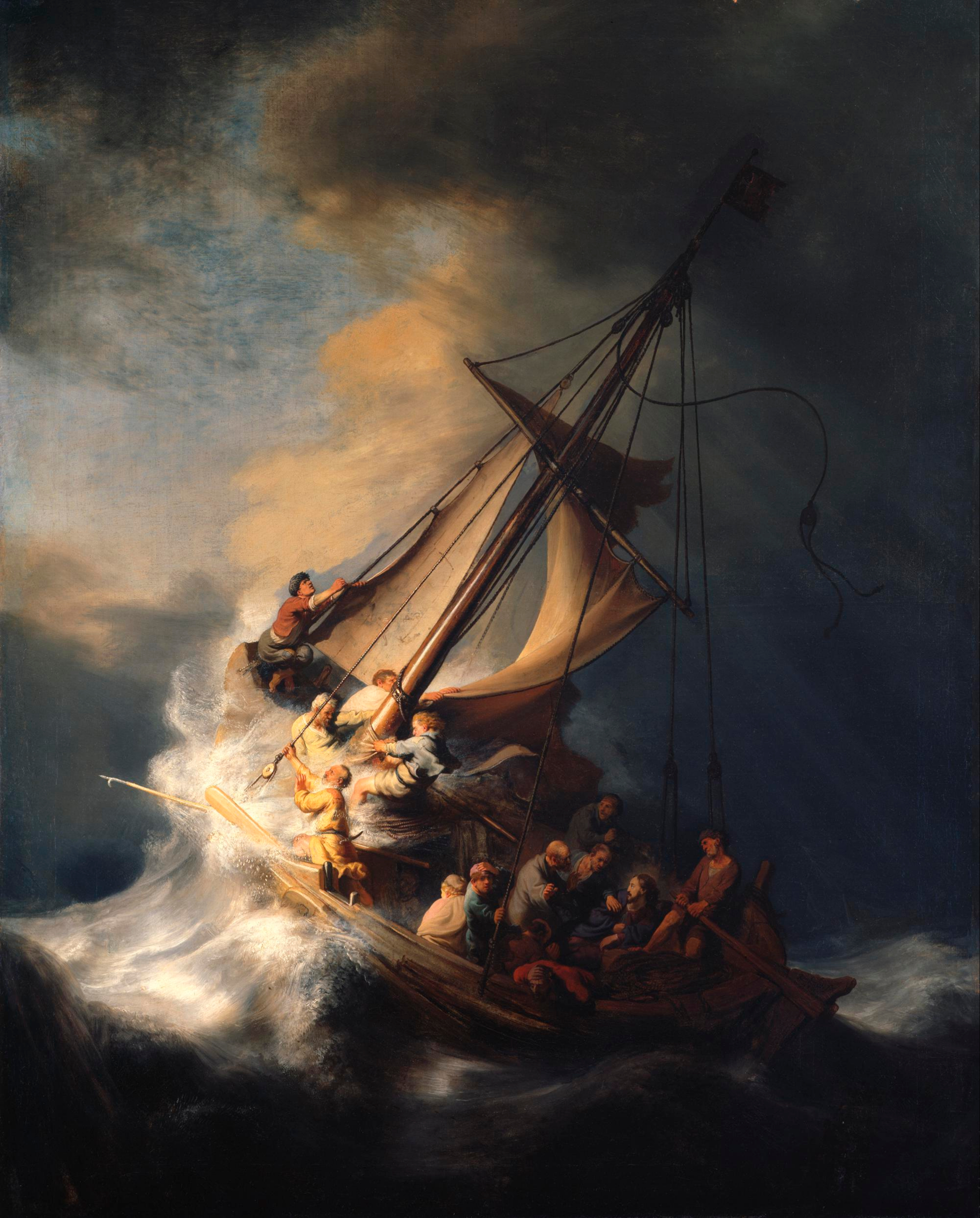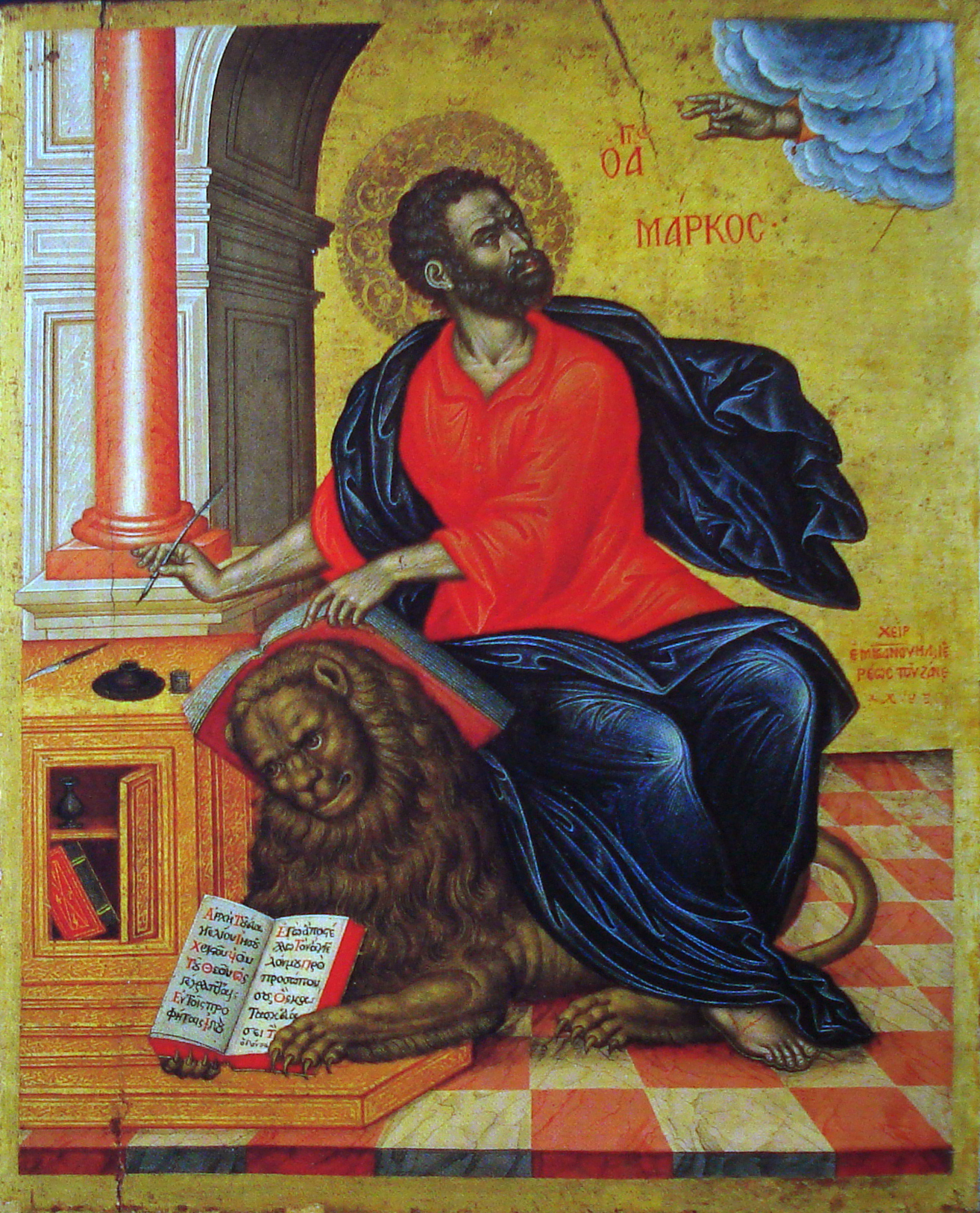The Gospel according to Mark, Chapter nine
Doubt is not the absence of faith. Too often we are told we either have faith or we don't--we either are "strong" in faith or we are are weak. This isn't the case. Many people who we would consider spiritual giants have wrestled with doubt. Every journey of faith will encounter unbelief, and it is time we acknowledge doubt's role in our lives.
Doubt can keep us humble. There's nothing anti-Christian about remaining humble in our faith. To acknowledge that our entire system of belief is, in fact, belief, and not knowledge is a good thing. It keeps us from starting religious wars.
In Mark nine, we find Jesus meeting a dad whose son needs help. There can be no more miserable feeling than being unable to help someone you love. This father is desperate for his son to be made healthy again. He will do anything to help him, so he has come to Jesus.
If you can do anything, take pity on us
It takes a lot of humility to ask someone else to take pity on you. It takes a firm grasp of reality, which is the true meaning of humility. To be humble is to be aware of your place in the world and your status compared to all others around you. This father knew where he stood. He knew Jesus' disciples were unable to help him, but he believed Jesus might.
Jesus assures the boy's father that He can do anything. More importantly, "all things are possible for those who believe."
The father believes.
Just like those of us who have chosen to follow this homeless Palestinian carpenter's teachings.
We are like this father. We need Jesus' help, but sometimes we aren't sure. We have tried other things and nothing else seems to fill the void. We have made a mess of so much and just need a re-do. We are scared of admitting we still don't feel like our faith is where it needs to be.
I believe. Help me with my unbelief.
Two lines. Let them be our prayer as we dance between faith and doubt with a God who has mercy on us.










